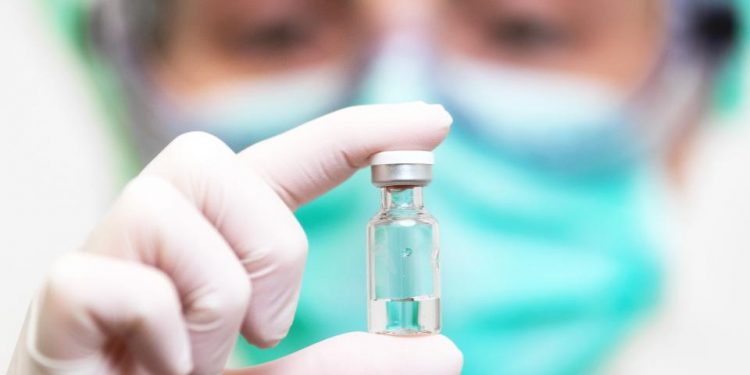Amid the Covid-19 pandemic, the researchers have found that iron deficiency during infancy may reduce the protection that vaccinations provide.
Findings from two clinical studies with children in Kenya, published in the journal Frontiers in Immunology, revealed that Iron deficiency is linked to vaccine efficacy.
In their first study, the research group led by Michael Zimmermann from the ETH Zurich University in Switzerland worked in collaboration with scientists from Kenya, the UK, the Netherlands and the US.
Their aim was to determine the levels of body iron and antibodies against antigens from the administered vaccines in blood samples of 303 Kenyan children followed from birth to age 18 months.
“In Kenya and other sub-Saharan countries, iron reserves in babies are much lower, especially in those born to anaemic mothers or with low birth weight,” Zimmermann said.
The study showed that more than half the children were already suffering from anaemia at the age of 10 weeks, and by 24 weeks, more than 90 per cent had low haemoglobin and red blood cell counts.
Using statistical analyses, the team was able to show the following: despite several vaccinations, the risk of finding a lack of protective antibodies against diphtheria, pneumococci and other pathogens in the blood of 18-month-olds was more than twice as high in anaemic infants compared to those who were not anaemic.
In a second study, the research team administered a powder containing micronutrients to 127 infants slightly over six months old on a daily basis for four months.
In 85 of these children, the powder also contained iron; the other 42 children received no iron supplement. When the children were vaccinated against measles at the age of nine months- those children who also received iron as a dietary supplement developed a stronger immune response.
Not only did they have more measles antibodies in their blood at the age of 12 months, but their antibodies were also better at recognising the pathogens, the researchers said.
The World Health Organization (WHO) recommends feeding infants exclusively with breastmilk for the first six months to avoid infection with diseases transmitted in contaminated water.
For that reason, the research team did not give the children the dietary supplement powder until they were seven months old.
The research team believe that adopting the recommendation would be a good move because preventing anaemia in young children by supplementing the iron in their diet would improve the protection provided by other vaccinations.
(IANS)







































